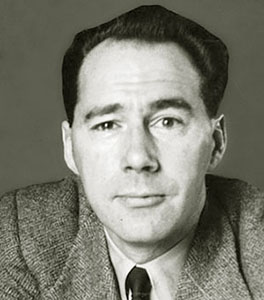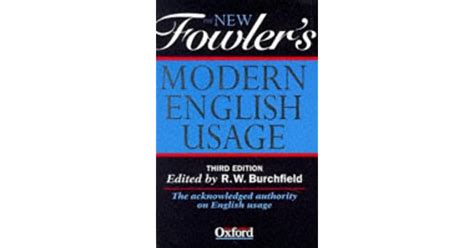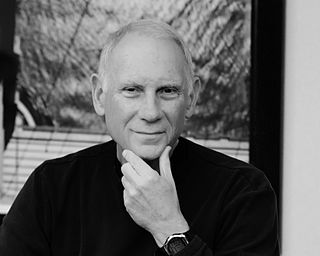A Quote by Albert Ellis
We can actually put the essence of neurosis in a single word: blaming - or damning.
Related Quotes
I'm going to make the obvious point that maybe the word neurotic means the condition of being highly conscious and developed. The essence of neurosis is conflict. But the essence of living now, fully, not blocking off to what goes on, is conflict. In fact I've reached the stage where I look at people and say - he or she, they are whole at all because they've chosen to block off at this stage or that. People stay sane by blocking off, by limiting themselves.
When philosophers use a word--"knowledge," "being," "object," "I," "proposition," "name"--and try to grasp the essence of the thing, one must always ask oneself: is the word ever actually used in this way in the language-game which is its original home?--What we do is to bring words back from their metaphysical to their everyday use.
So you're in love with her?' she went on. A word again ... When the minds have learnt to mingle, when no thought is wholly one's own, and each has taken too much of the other ever to be entirely himself alone; when one has reached the beginning of seeing with a single eye, loving with a single heart, enjoying with a single joy; when there can be moments of identity and nothing is separate save bodies that long for one another ... When there is that, where is the word? There is only the inadequacy of the word that exists. 'We love one another,' I said.
But whenever I meet dynamic, nonretarded Americans, I notice that they all seem to share a single unifying characteristic: the inability to experience the kind of mind-blowing, transcendent romantic relationship they perceive to be a normal part of living. And someone needs to take the fall for this. So instead of blaming no one for this (which is kind of cowardly) or blaming everyone (which is kind of meaningless), I'm going to blame John Cusack.
Whenever we remember a series of events, we remember them different. We are constantly changing. It's a flaw, but on the other hand, when we say a word, the meaning is not what you put into it. Rather, the meaning of the word is all of the past usages of that word. Like this cloud that makes up the meaning of the word. It's your subject if you write. For instance what you put in that word and what you assume it means, even its flaw. It has a general agreement.
These various forms appear different in shape and size, yet they are of a single essence. . . . The Sixth Patriarch called it "essence of Mind". . . Here the Third Patriarch calls it "timeless Self-essence." Bankei called it "unborn Buddha-mind." They all refer to the same thing: Buddha-nature, true self. This essence is not born and can never die. It exists eternally. Some call it energy; others call it spirit. But what is it? No one knows. Any concept we have of what it is can only be an analogy. . . .



































